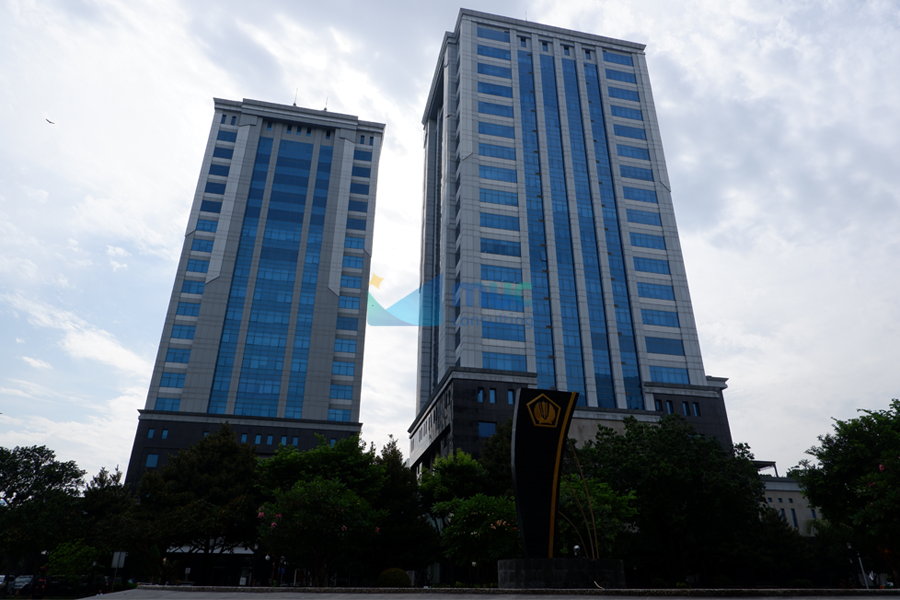Pandemic, Stimulus and Contraction of Revenue

The realization of tax revenue (provisional figure) in 2020 was recorded at IDR 1,070 trillion, or only 89.3% of the target set by the government in the second 2020 Revised State Budget/APBN-P (Presidential Decree Number 72 of 2020).
Not only did it fail to meet the target, but tax revenue in 2020 also contracted 19.7%, which was the biggest contraction throughout 2020.
In general, there are several things that affect the performance of tax revenue in 2020:
- Economic growth has slowed down due to the pandemic that hit various industrial sectors, suppressing tax revenues from corporations.
- The decline in international trade activities, thus affecting international tax revenues.
- Social restrictions limit the efforts of tax authorities in conducting extensification and intensification
- The provision of tax incentives exacerbates the burden on the authorities in collecting revenues.
Economic Slowdown
In 2020 Indonesia experienced an economic recession, marked by negative economic growth for two consecutive quarters.
Economic growth in the second quarter was negative at 5.3% and the third quarter was minus 3.5%. In fact, economic growth in the fourth quarter is also predicted to remain in the negative zone, ranging from -2.9% to -0.9%.
The government is confident that the economy will improve in the fourth quarter based on the reversal trend as seen in the economic performance in the third quarter compared to the second quarter.
Tax Revenues Continued to Decline
Economic contraction throughout 2020 has strongly influenced the achievement of tax revenue which is increasingly falling short of the target. It can be seen from historical data of monthly tax revenue growth throughout 2020.
Anomalies of the Trend of Economic Growth
When viewed from the growth trend of each type of tax, there are anomalous movements that occur for several types of taxes, namely Non-Oil and Gas Income Tax (PPh nonmigas) and Value Added Tax (VAT), and Sales Tax on Luxury Goods (STLG). These two types of taxes actually slope towards the end of the year.
Unlike usual, the trend increases at the end of the year.
The worst performance was Corporate Income Tax (PPh) and Income Tax Article ( ITA) 22 on import, which were minus 37.8% and 49.51%, respectively. Even in the last four months the growth of these two types of taxes also contracted deeper than the previous period.
All Sectors are Depressed
Based on the industrial sector, the tax revenue that experienced the deepest contraction was the mining sector - which was negative 43.72 %%. Followed by the construction and real estate industry minus 22.56%, manufacturing industry by -20.21%, trade -18.94%, warehousing, and transportation industry minus 15.41%, and financial services and insurance industry grew -14.31%.
Tax revenue from various sectors has also experienced a slowdown in the last three months, compared to previous quarters, except for mining which slightly improved in the fourth quarter compared to the third quarter.
No Change in Portion of Revenue
According to the type of taxes, the revenue performance in 2020 is severely affected by the low income of Non-Oil and Gas Income Tax and VAT which has a share of 52.4% and 41.9%, respectively. Both types of taxes contracted sharply by 21.4% and 15.6%.
However, in general, there is no change in the portion structure of each type of tax to total tax revenue.
Twice-Revised Target
The massive Covid-19 pandemic and fast-growing cases made the government have to adapt quickly. It had an impact on the government's decision to revise the revenue target and overall state budget posture twice.
The posture of the 2020 State Budget, which is stated in Law Number 20 of 2019 and which is the government's initial guideline, must be revised by issuing Presidential Regulation (Perpres) Number 54 of 2020 and Perpres Number 72 of 2020.
The tax revenue target in the 2020 State Budget of IDR 1,642.57 trillion was lowered twice to IDR 1,254.11 trillion and finally IDR 1,198.81 trillion.
Taxes for Stimulus
This change in state budget posture occurs because the government has to change the focus of state spending on efforts aimed at mitigating the impact of the pandemic on the economy and supporting health protection efforts.
With this change in focus, the tax function is shifted not only to support development from the revenue side but as a stimulus tool through various incentive packages provided.
A number of tax incentives provided by the government include income tax and final income tax borne by the government, exemption of ITA 22 on Import, reduction of ITA 25 installments, and acceleration of VAT refunds.


